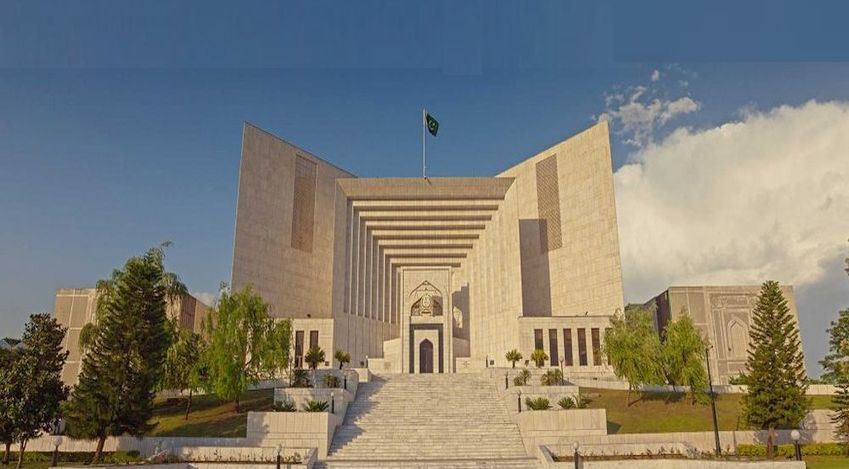Mere Allegations of Coercion and Fraud are Insufficient unless supported by Clear and Admissible Evidence --- Supreme Court of Pakistan
Islamabad 18-02-2025: The Supreme Court of Pakistan has set aside the judgments of three lower Courts in a high-stakes property dispute, ruling in favor of Petitioner in [Civil Petition No. 3151/2021]. The verdict reaffirms Key Legal Principles regarding burden of proof, timeliness in filing suits, and evidentiary standards in property transactions.
The dispute arose when Respondent filed a declaratory suit on July 4, 2013, [Challenging Mutation No. 6884] of a property sale attested in 2008. The Plaintiff alleged that the transaction was executed under coercion, claiming that he was abducted and forced to transfer ownership with the connivance of revenue officials.
Despite the five-year delay in filing the suit, the trial Court decreed in favor of the Plaintiff on May 19, 2018. The Petitioner’s appeal was dismissed on January 12, 2021, and the Lahore High Court upheld the dismissal in [Civil Revision No. 7582/2021] on February 4, 2021.
However, upon review, the Supreme Court of Pakistan found serious legal flaws in the lower Courts’ reasoning, leading to a complete reversal of the previous decisions.
The Court held that mere allegations of coercion and fraud are insufficient unless supported by clear and admissible evidence. The Respondent failed to prove his abduction or forced execution of the sale.
Applying the precedent set in (PLD 1991 SC 957) (Ghulam Ali Vs. Akbar alias Akoor), the Court ruled that the five-year delay in filing the suit was unjustified, making the claim legally time-barred.
The Plaintiff had previously filed a pre-emption suit where his own brother-in-law testified in favor of the sale, contradicting his later claim of coercion. Such self-contradictions reduced the credibility of his case.
The defendant successfully produced official witnesses, including Patwari (DW-3), Qanoongo (DW-4), and Revenue Officer (DW-5), who confirmed the legitimacy of the mutation process. The Supreme Court of Pakistan ruled that documented evidence carries more weight than oral allegations.
The Supreme Court of Pakistan allowed the appeal, overturned all three lower Court judgments, and dismissed the Respondent’s suit with costs.
Powered by Froala Editor








